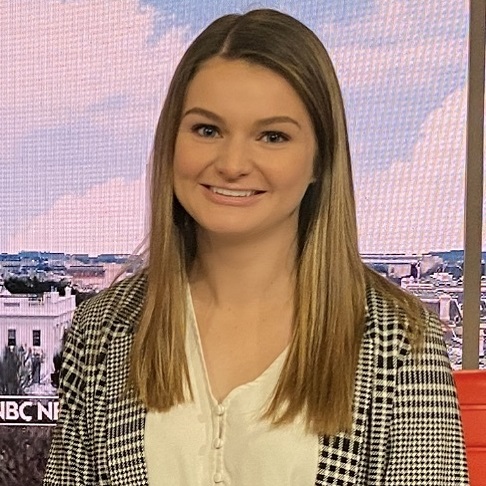As more women are entering the technology workforce, female government tech leaders this week said that the keys to success in a male-dominated field are leaning on mentors and building a strong network.
At Splunk’s GovSummit in Washington, D.C., on Dec. 14, Jennifer Tate, who leads the Central Intelligence Agency’s (CIA) Directorate of Digital Innovation, said her advice for women joining the tech workforce is to seek out mentors early in their career.
“For me, it was really finding those mentors that you can trust and can help bring you along,” Tate said. “Most of the jobs that have been the best for me have been ones where mentors have told me, ‘Hey, you should go apply for that.’”
“That’s the one piece of advice that I give all of my people coming through the onboarding program: find that good mentor,” she added. “Because they’re going to give you that advice that’s going to help you grow as an officer, as an employee.”
Tate said that if she has to have an uncomfortable conversation with someone at work, she will sit down with her mentor first to talk through and “gameplan” the conversation to get their advice on how they would approach the situation.
“I’ve found that’s a very concrete way that I’ve used mentors to help me get the message straight before I try and go have that uncomfortable conversation,” she explained.
“Try to build a trusted network of other women leaders where you can call and say, ‘What the heck,’ and they can help walk you through those conversations,” added Diane Carnohan, the chief information security officer at the Virginia Department of Education.
The women tech leaders also discussed instances in which they were the only woman in the room, or their opinion was overlooked in a meeting.
Carnohan said she has found herself in that situation quite often, but now that she’s in a leadership position, she actually tries to “push women forward” on her team by purposefully not attending meetings.
“For me to create that environment and culture where we are, I will intentionally not attend meetings – not because I’m not interested in the subject or because I think I don’t need to be there – so that my staff is heard and my staff has the same voice and the other people in the agency respect when they tell them something because I’ve trusted them to be there,” Carnohan explained.
“Especially when you have four women on your staff, that’s also allowing them to have that voice and build their reputation as well,” she added. “They’ll say, ‘Are you coming?’ I’m like, ‘No, you got this.’”
Similarly, Lynette Sherrill, deputy assistant secretary for information security and chief information security officer (CISO) at the Department of Veterans Affairs (VA), said it’s important to network in order to build one’s reputation.
“At some point, it does become about your network and who you know, and networking with people so that you have name recognition,” Sherrill said. “Because you’re a brand, and you have to brand yourself.”
“Probably the harder discussion to have is: what is your brand really saying to the rest of the organization?” she said, adding, “And being able to have someone, like these ladies mentioned, to have an honest conversation with you about what your brand is really saying?”

